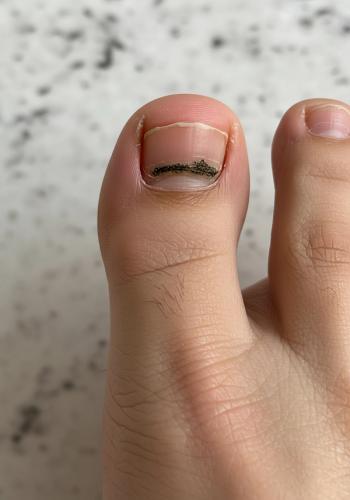
Doctors Express Concerns Over Skin Cancer Screening Apps Despite Benefits
Healthcare providers expressed concerns about the accuracy gaps in AI image analysis for non-white skin tones or low digital literacy, creating potential health disparities.
The rapid growth and availability of mobile health apps for spotting skin cancer has some healthcare providers concerned about false positives and missed diagnoses due to skin tone, according to a new study.
The
“We found that both dermatologists and [general practitioners] perceive considerable risks, including incorrect diagnoses and subpopulation exclusion, but also significant benefits, such as a streamlined patient journey for early cancer detection,” the study authors wrote.
The researchers conducted focus groups with 16 dermatologists and 17 general practitioners to explore their views on AI-based skin cancer screening apps available to the general public.
The study showed healthcare providers worry most about incorrect diagnoses — both false negatives that miss dangerous lesions and false positives that cause unnecessary anxiety and medical visits. They also expressed concerns about these tools excluding people with dark skin tones, due to known accuracy gaps in AI image analysis for non-white skin tones, or low digital literacy, creating potential health disparities.
“These concerns about diagnostic errors not only reflect limitations in current technologies but also point to insufficient public awareness of skin cancer signs — highlighting the need for both stricter validation and improved education,” according to the study authors.
One anonymous general practitioner cited in the study suggested a potential negative impact: “I think what you're going to get more and more in the future is inequity in access to care,” the physician said.
Doctors also worried about losing professional autonomy in clinical decision-making, with patients potentially demanding referrals based on app results regardless of the doctor's assessment.
Despite these concerns, providers acknowledged significant potential benefits. They believe these apps could increase public awareness about skin cancer and facilitate earlier detection by making screening more accessible.
“I can imagine it’s quite a useful app. It’s probably set very defensively, so it might create more work for us, but that's fine —we'll see people with possible skin cancer sooner,” said another study participant.
To win the endorsement of healthcare providers, the study identified four critical requirements these apps need to meet: evidence-based verification of accuracy through independent testing, clear integration into existing clinical practices, clarity about liability issues, and accessible design that works for diverse populations.
These preconditions, however, appear “largely unmet” in current practice, according to the researchers. This aligns with recent studies showing widely varying accuracy levels in skin cancer detection apps.
The study, which included healthcare providers of varying ages and familiarity with AI technology, revealed that 94% of participants could see AI as a potential addition to skin cancer care, despite their reservations.
Health insurers in Europe, Australia and New Zealand are already embracing these apps through reimbursement policies. In the Netherlands, approximately 30% of adults have free access to skin cancer screening apps through their health insurance.
The researchers suggest that addressing healthcare providers’ concerns is crucial for successful implementation of these technologies, as their endorsement significantly influences patient adoption.
“In order for HCPs to endorse those apps, emphasis must be placed on integrating accurate [mobile] health apps with accessible and inclusive design and functionality into clinical practice,” the study authors said.
Newsletter
Get the latest industry news, event updates, and more from Managed healthcare Executive.























